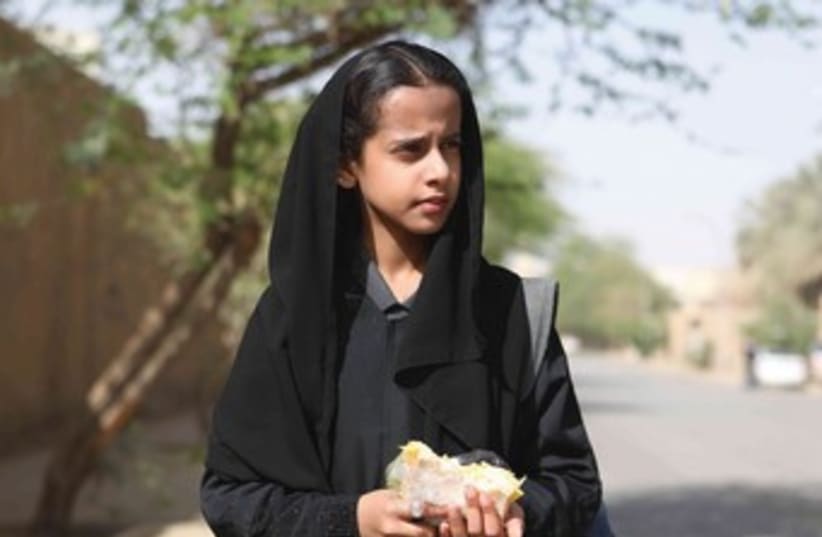WADJDAWritten and directed by HaifaaAl-MansourHebrew title: WadjdaRunning time: 96 minutesIn Arabic. Some prints have bothHebrew and English subtitles. Checkwith theaters for more information.
The one to watch
‘Wadjda’ is a gem from Saudi Arabia.
